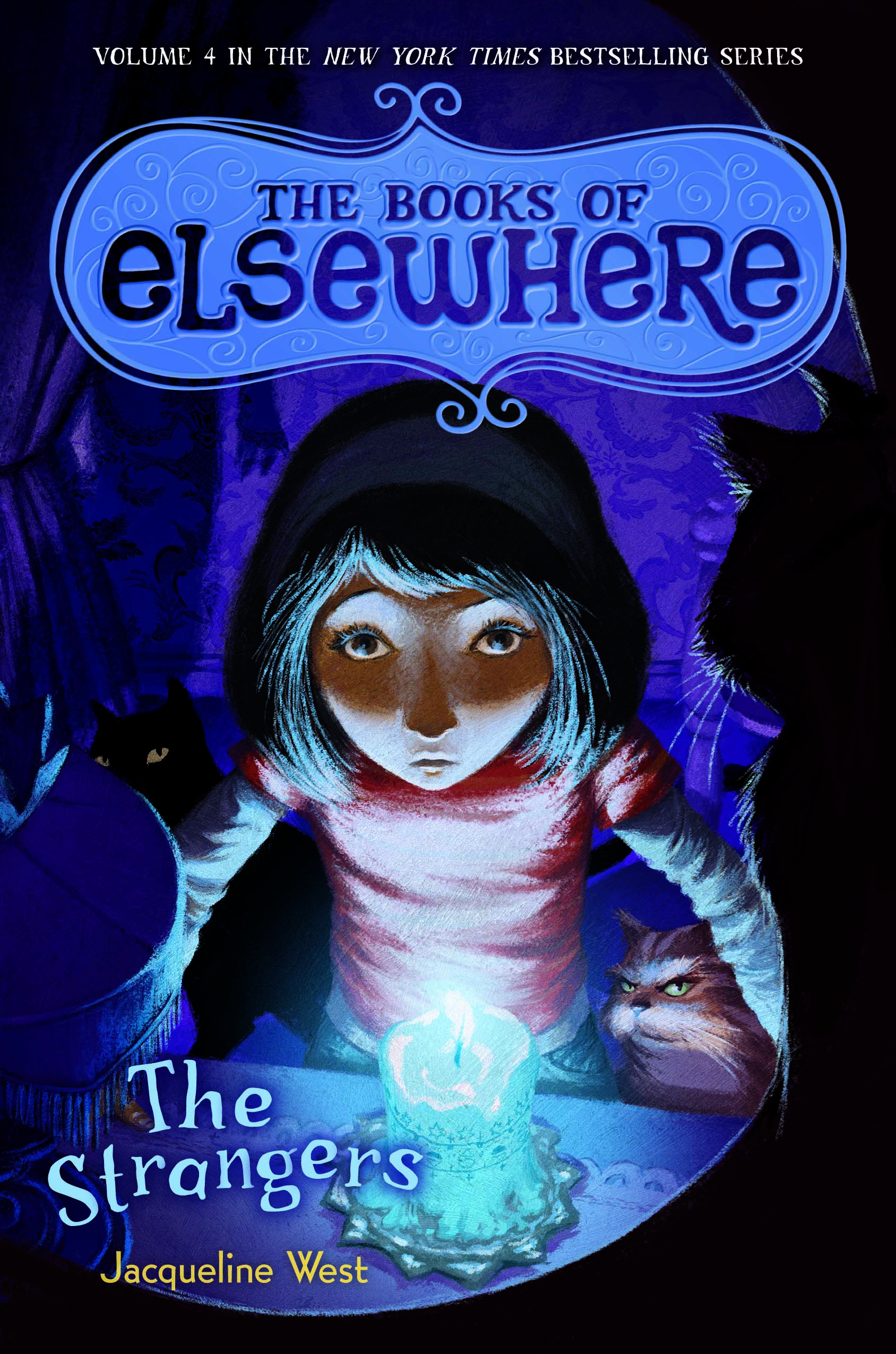Reminders
Scholastic orders should be placed online by Thursday, March 6th. Thank you for supporting our classroom and
helping us build our library!
FCAT Parent Night is this Tuesday, March 4th at 7:00
PM. The meeting will be held in our
classroom, room 226.
Readers’ Workshop
This week will work to closely analyze texts, noticing that the reading
with the lens of word choice helps us to develop clearer ideas about the
central message of a text. Students will
notice how words are chosen thoughtfully by authors to create a tone and
reinforce their perspective. We will
then begin research projects in small groups, working to study a variety of
texts on the same topic, comparing the texts and developing theories. Ask your child what topic their group is
studying.
In order to hold students accountable
for their in-class and nightly reading, we are now logging our reading on a
reading log. This log, which will be a
portion of students’ Reading Habits grade, should be completed by the student
and signed by a parent each night.
At this point, we have collected four
BINGO Responses. Check your child’s
Reading BINGO Folder to see if they are on track. If they have missed a response, it is not too
late to make it up!
Our 5th BINGO Response is
due Tuesday, March 11th.
Writers’ Workshop
This week we dive into our information writing unit. Students have selected a topic on which they
are an expert and will begin to construct writing for the purpose of teaching
others. We will experiment with the
organization of our information, determining what we believe will be the most
effective structure for our chosen topics.
Our previous unit on text structures will prove most beneficial for this
activity!
Skills
There will be no
spelling homework or quiz this week.
Social Studies
We will begin our new unit on the regions of America. We will start with the
southeast. We will spend the next two weeks
placing the applicable states on a map before studying the land and water, climate,
resources, and landmarks of this region we call home. Visit the blog to take advantage
of a cool study link that your child can use to practice mapping the states for
each region throughout this unit of study. The quiz will be next Friday.
Math
Our fraction unit will come to an end this week. The quiz will be Thursday. Students should study and review
their white packets in order to prepare. We will spend our last sessions playing “Capture Fractions,” which is similar to the card
game “War.” As a result of this game,
students will undoubtedly have disagreements about which fraction is actually
larger. So, we will review how to
compare fractions to landmark numbers to settle these debates. We will also practice placing
fraction cards on a number line to see them in relation to other fractions and
whole numbers. The hands-on nature of this
series of lessons is very powerful in clearing up some final comparison
misconceptions.
Science
We continue our study of the Sun,
but we will ask a new question about our nearest star: What is radiant energy? We already know that the Sun
provides heat and light energy to Earth. We will move past that to discuss how radiant
energy from the Sun can heat objects, but that when the Sun is not present,
this heat can be lost. Students will utilize their
knowledge of the scientific method and the practice of science to design an
experiment (as a large group) that shows how the temperature of a cup of tap
water can be changed without tools like microwaves or refrigerators. There will be no quiz this week. Instead, students will submit
their lab notes for a classwork grade.






 Welcome readers! We are so excited to embark on this year-long journey with you. Our classroom library is packed with books, anxiously awaiting to be read, but as readers we know we must make smart choices about the books we choose. Studies show, to grow as readers we need to be given lots of opportunities for high success reading. This means we must read "just right" books. Much like Goldilocks, we are looking for that perfect fit; books that are not too easy and not too hard. In class we have discussed the signs that a book is "just right" for us and have hung a chart as a reminder. A general rule of thumb is that we should be able to read approximately 3/4 of a page a minute.
Welcome readers! We are so excited to embark on this year-long journey with you. Our classroom library is packed with books, anxiously awaiting to be read, but as readers we know we must make smart choices about the books we choose. Studies show, to grow as readers we need to be given lots of opportunities for high success reading. This means we must read "just right" books. Much like Goldilocks, we are looking for that perfect fit; books that are not too easy and not too hard. In class we have discussed the signs that a book is "just right" for us and have hung a chart as a reminder. A general rule of thumb is that we should be able to read approximately 3/4 of a page a minute. 
